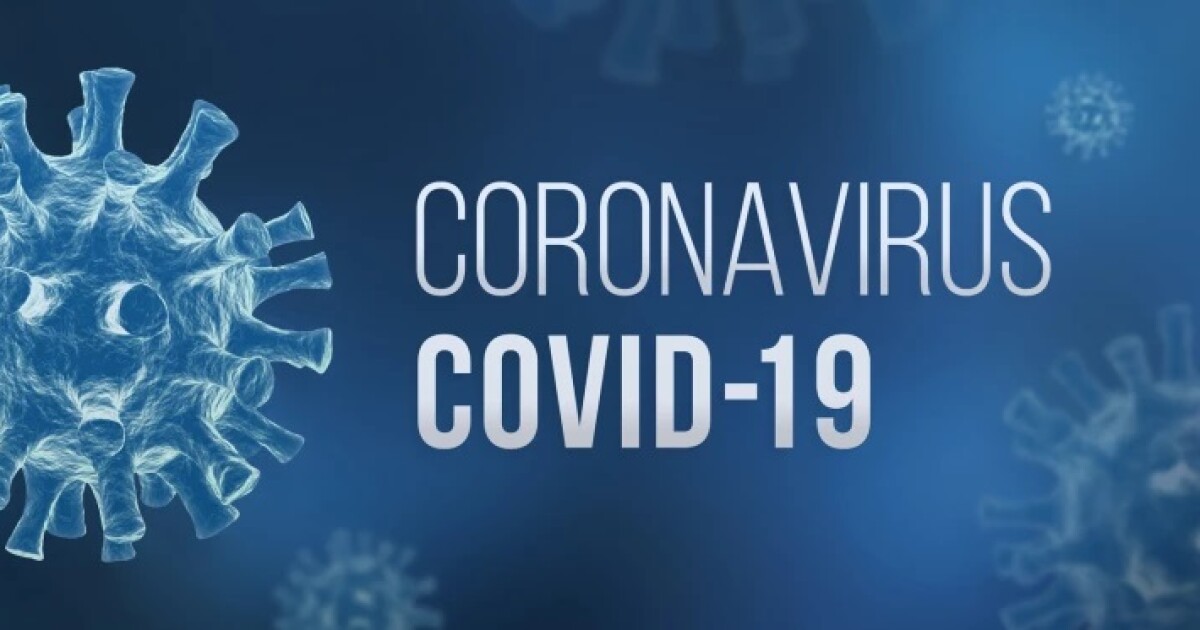
Scientists at UC San Diego and Scripps Research in La Jolla say they’re geared up to help in the worldwide effort to assess whether the Omicron variant of the COVID-19 coronavirus is more transmissible and harmful than earlier versions of the virus.
The new variant could be found in San Diego County through the genetic analysis that UCSD is doing on positive coronavirus tests, according to a campus official. The county health department and some hospitals also are conducting such testing.
UC San Diego scientists also helped conduct COVID-19 vaccine trials on behalf of Moderna, Johnson & Johnson and AstraZeneca and have been testing therapeutic drugs on patients.
UCSD also was one of the first universities to broadly test students, faculty and staff for the coronavirus.
“The new variant adds another reminder that there are more new variants out there that are potentially incubating,” Dr. Eric Topol, founder and director of the Scripps Research Translational Institute, told the Los Angeles Times. “So if anything, the silver lining of Omicron is it’s a wakeup call for all those people thinking we’re at the end of this. No, we’re not — not by any stretch, unfortunately.”
Dr. Davey Smith, head of infectious-disease research at UCSD, said scientists are just beginning to understand Omicron but added: “The vaccines we have now should work quite well against it. People should be getting vaccinated and getting their boosters.”
UC San Diego has about 8,500 international students, most of whom resumed the fall quarter Nov. 29. Some of the students traveled back to their home countries during the Thanksgiving break. The university hosts many students from overseas, including the United Kingdom, which has reported Omicron cases.
But campus officials said the school is likely to continue having a tiny infection rate because it will be screening all dorm students for the virus. UCSD also has been strongly enforcing social-distancing rules.
Before the start of the Thanksgiving holiday, the infection rate among students who access the campus was 0.22 percent.
Still, “we’re hampered by the fact that nothing is yet in the peer-reviewed scientific literature” about the new variant, said Robert “Chip” Schooley, who leads UC San Diego’s “Return to Learn” program.
“I’ve been in contact with a colleague from Hong Kong that I trust and respect more than anyone in virology,” Schooley said. “He has been working with the virus in his laboratory and has been observing it epidemiologically. His take is that it is, indeed, highly contagious but that vaccinated people who become infected have relatively mild symptoms.”
Schooley said he believes the virus is “more aggressive about shutting down the innate immune response than the Alpha and Delta variants,” which he said will allow it to grow to much higher tiers during the pre-symptomatic phase. “This, in turn, will result in higher transmissibility and [likely] more severe disease in the unvaccinated,” he said.
“We’re not currently planning on changing our policies vis-à-vis holiday travel but, as with other aspects of our adaptive response posture, we will be monitoring the situation on a daily basis and modifying our approach as conditions dictate,” Schooley added.
— La Jolla Light staff contributed to this report. ◆
"help" - Google News
November 30, 2021 at 05:15AM
https://ift.tt/3pb0Prw
La Jolla scientists hustle to help assess threat of Omicron coronavirus variant - La Jolla Light
"help" - Google News
https://ift.tt/2SmRddm
Bagikan Berita Ini














0 Response to "La Jolla scientists hustle to help assess threat of Omicron coronavirus variant - La Jolla Light"
Post a Comment